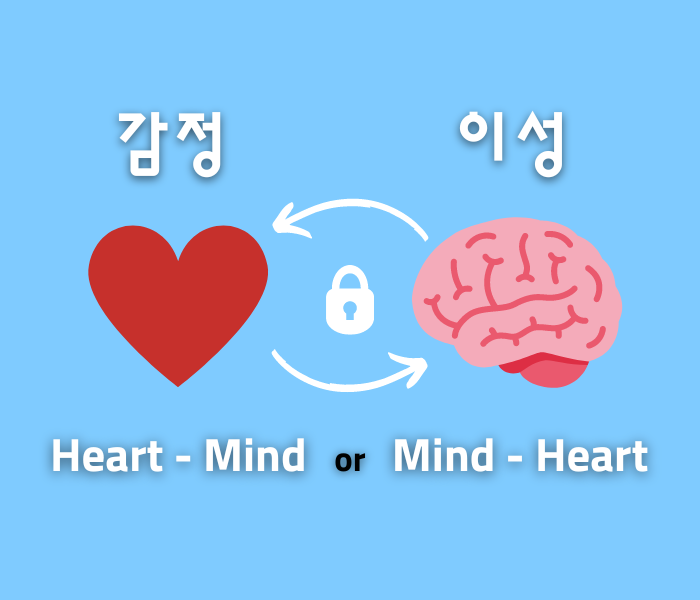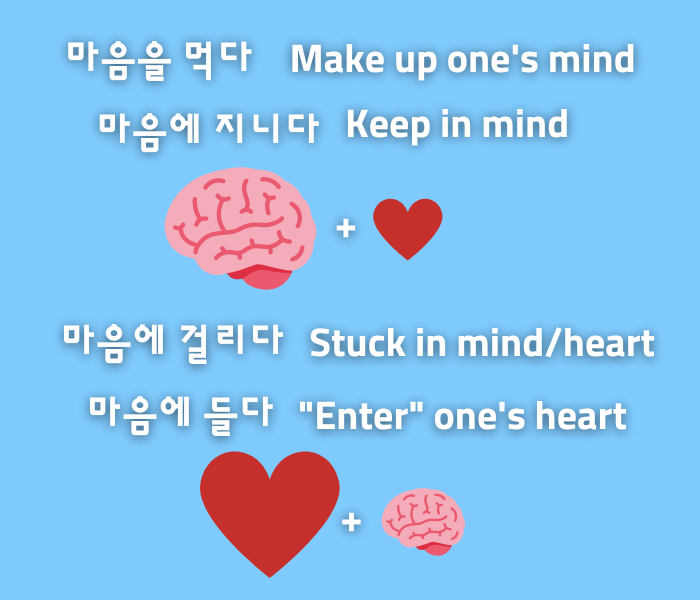- 한국어
- English
- 日本語
- 中文
- العربية
- Español
- Français
- Deutsch
- Pусский
- Tiếng Việt
- Indonesian
By Honorary Reporter Maite Silveira Cardoso from Brazil
Images = Maite Silveira Cardoso
Fans of K-pop or K-dramas often come across the Korean term maeum, which is often translated as "mind" or "heart." Whether in music or daily conversations, this word is frequently used by Koreans alone or within expressions. Yet few know is that this word has deeper roots dating back centuries and influence in intellectual debates over philosophy.
Maeum as a word came after the introduction of neo-Confucianism in Korea. In the process, philosophical debates such as the Four-Seven Debate, which focused on the relationship between daily feelings (seven emotions) and moral values (four sprouts), grew popular. Deepening knowledge of human emotion and its concrete relationship with actions was vital for philosophers, leading to a long discussion on the relevance of both aspects for human development.
While Western philosophy views reasoning and feeling as a dichotomy, Asian thinkers considered this a shallow way of describing reality. Korean philosophers insisted that emotion and reason were inseparable despite their contradictory meanings, saying emotion triggers reason and reason explains emotion. Instead of opposites, Koreans perceived the body and mind as a persistent union, translating this idea into maeum.
This information is based on the course "Introduction to Korean Philosophy and Culture" at Sungkyunkwan University in Seoul.

This image is a simplified explanation of the relationship between yiseong (rationality) and gamjeong (emotion), resulting in maeum.
For example, maeum-eul meokda means "make up one's mind" or "to be determined" and maeum-ae jinida means "keep in mind." In these cases, the meaning of maeum is more mind than heart. Yet the expression maeum-ae geollida is translated as "Stuck in my heart" or more simply, "It's on my mind." Maeum-eh deulda means "It enters my heart" or "I like it." In the latter two cases, maeum means heart more than mind.

The meaning of the term maeum can alternate between "heart" and "mind."
The lyrics of many K-pop songs also use the term including in IU's "Maeum," NCT Dream's "Hot Sauce" and Twice's "Cheer Up."
Despite the use of the term maeum in many Korean dramas and songs, many are unaware of the depth of the word's meaning. In a nutshell, maeum presents a unique aspect of Korean philosophy by considering reason and emotion equally relevant elements of human existence.
enny0611@korea.kr
*This article is written by a Korea.net Honorary Reporter. Our group of Honorary Reporters are from all around the world, and they share with Korea.net their love and passion for all things Korean.